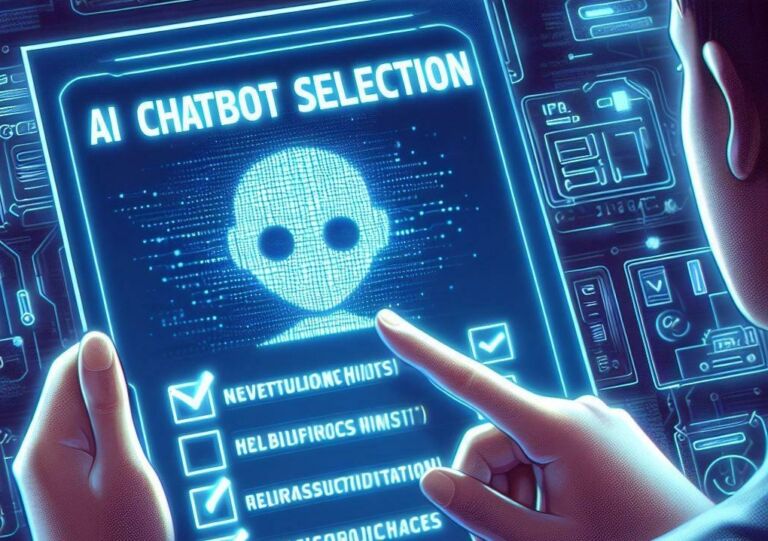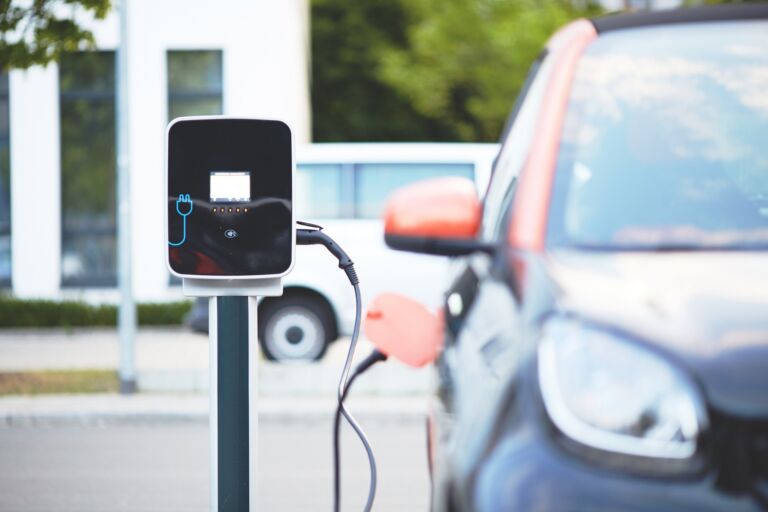John Bailey writes for Education Next about the likely impact of artificial intelligence on education.
Over the last year, developers have released a dizzying array of AI tools that can generate text, images, music, and video with no need for complicated coding but simply in response to instructions given in natural language. These technologies are rapidly improving, and developers are introducing capabilities that would have been considered science fiction just a few years ago. AI is also raising pressing ethical questions around bias, appropriate use, and plagiarism.
In the realm of education, this technology will influence how students learn, how teachers work, and ultimately how we structure our education system. Some educators and leaders look forward to these changes with great enthusiasm. Sal Kahn, founder of Khan Academy, went so far as to say in a TED talk that AI has the potential to effect “probably the biggest positive transformation that education has ever seen.” But others warn that AI will enable the spread of misinformation, facilitate cheating in school and college, kill whatever vestiges of individual privacy remain, and cause massive job loss. The challenge is to harness the positive potential while avoiding or mitigating the harm. …
… Though the potential is great, most teachers have yet to use these tools. A Morning Consult and EdChoice poll found that while 60 percent say they’ve heard about ChatGPT, only 14 percent have used it in their free time, and just 13 percent have used it at school. It’s likely that most teachers and students will engage with generative AI not through the platforms themselves but rather through AI capabilities embedded in software. Instructional providers such as Khan Academy, Varsity Tutors, and DuoLingo are experimenting with GPT-4-powered tutors that are trained on datasets specific to these organizations to provide individualized learning support that has additional guardrails to help protect students and enhance the experience for teachers.


